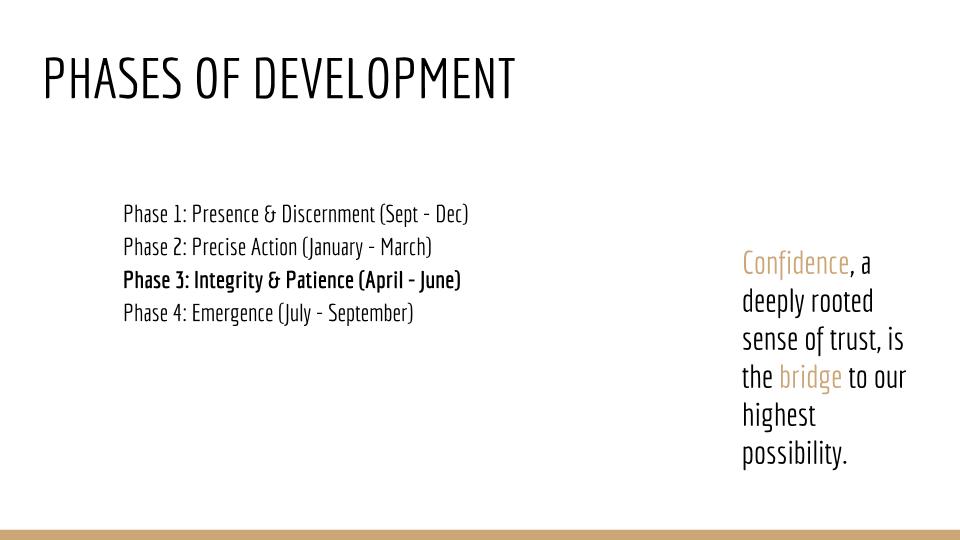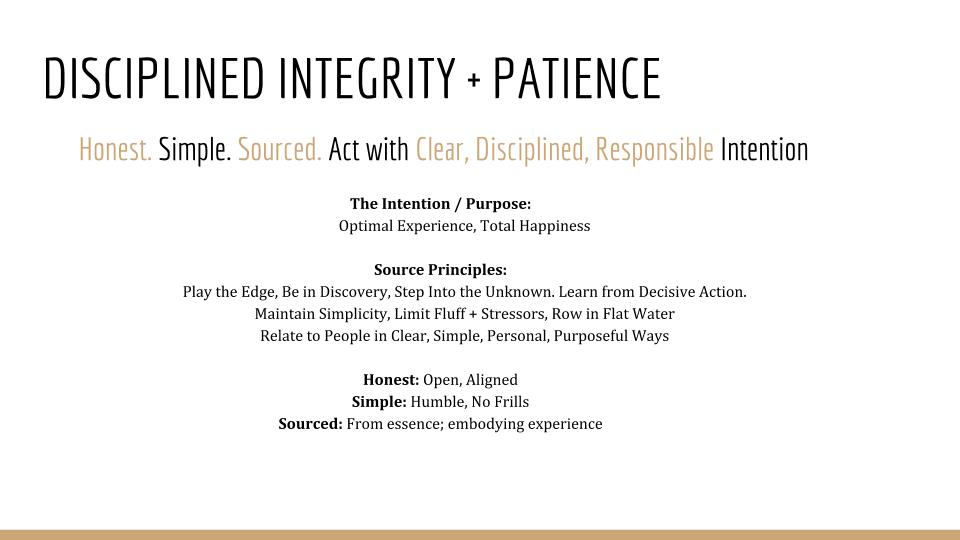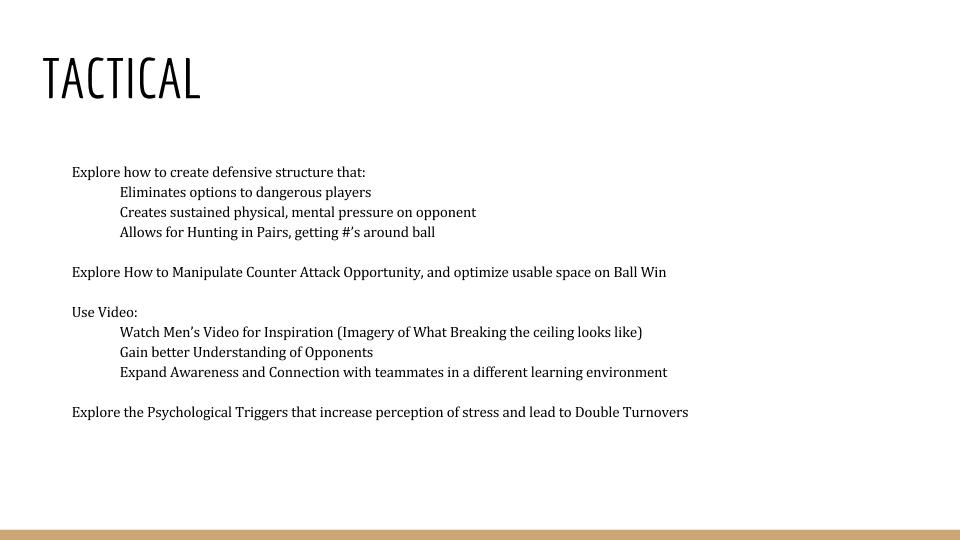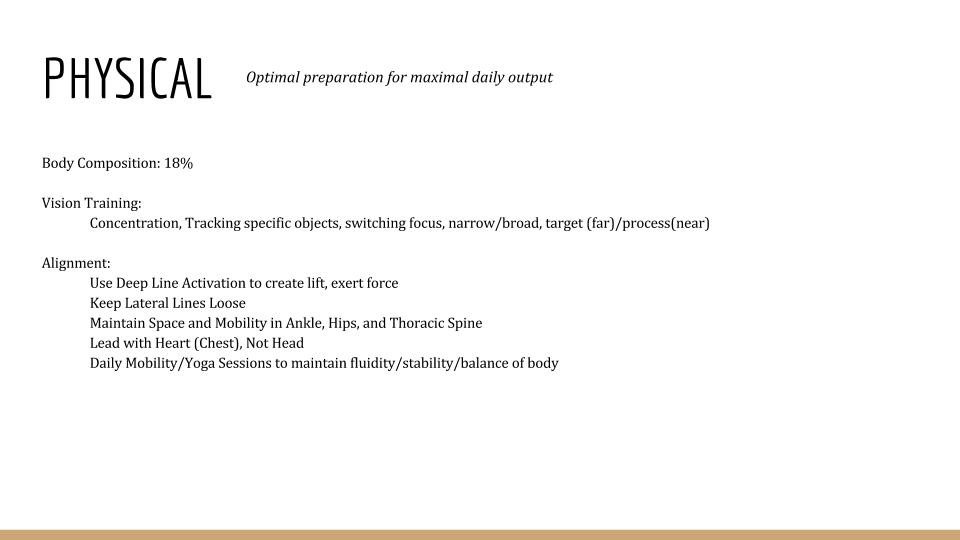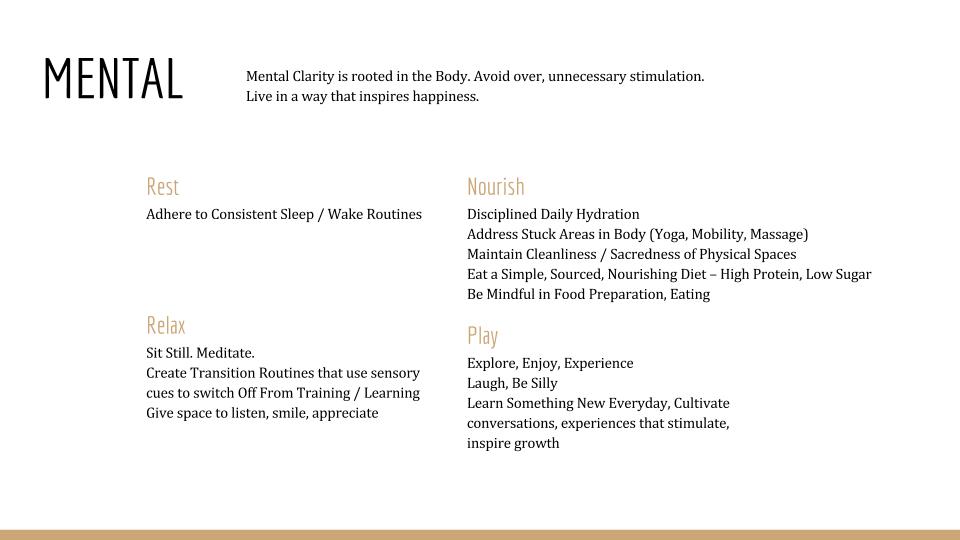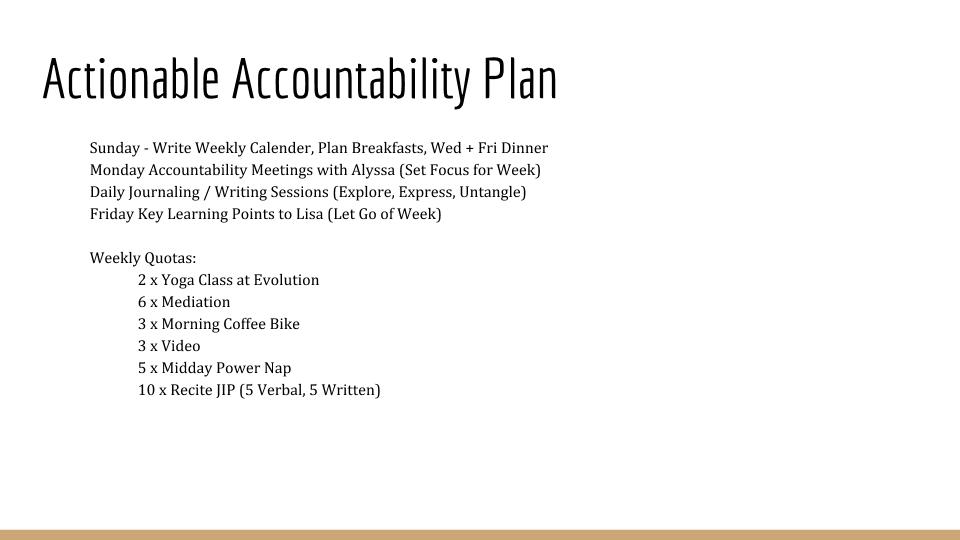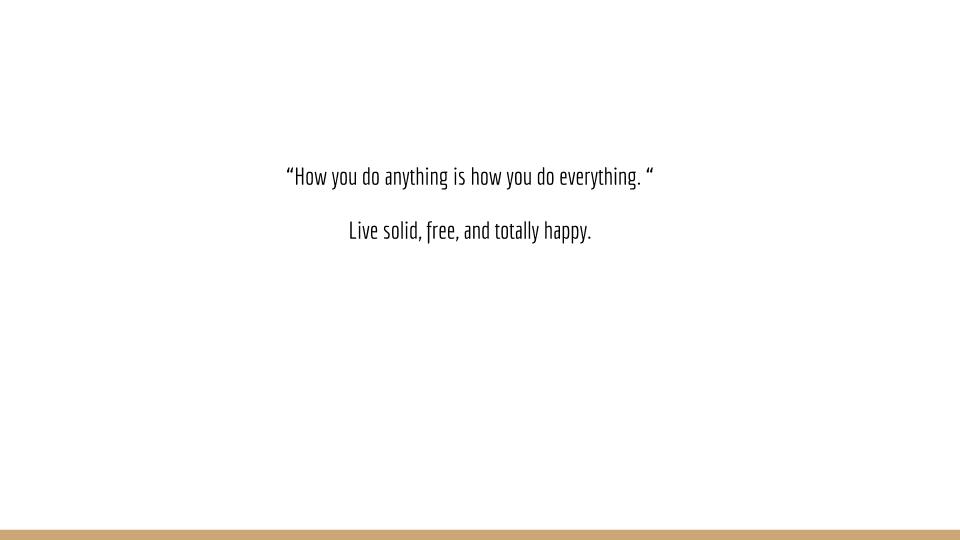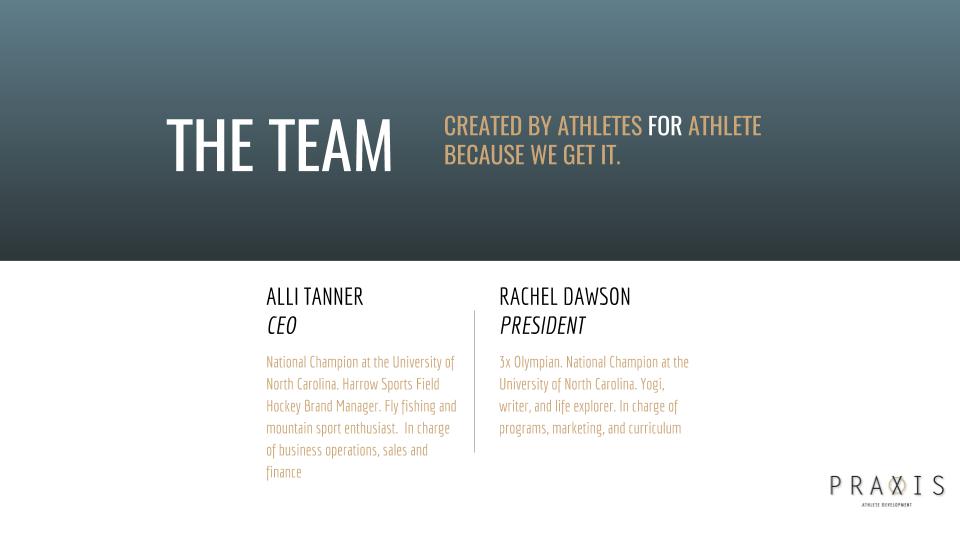This is dedicated to the artists out there. Remember its a dance, lead with your listening, and follow your passion. The rhythm will carry you.
“Without listening, action becomes motion. Movement lacks purpose, and power. Maintaining empathy, listening, and compassion in the high-stakes, fast-paced results driven environment of sport is one of the biggest challenges coaches face.
”
The 6 Attributes of Dynamic Leadership
Agility
Situational Analysis
Initiative / Competiveness
Networks / Relationships
Task / Role Engagement
“Coaching is a dynamic dance between disciplines. A coach is an educator, entrepreneur, artist, competitor, creator, mentor, and cultural alchemist. ”
If my 2 month foray into the wide and wonderful world of collegiate coaching has shown me anything, it is that the label coach is a huge misnomer. The role of ‘coach’ is way more complex than its name. Coaching is a dynamic dance between disciplines. A coach is an educator, entrepreneur, artist, competitor, creator, mentor, and cultural alchemist. A coach must be as honest, versatile, vulnerable and aware as the athletes they lead.
Why? Because sport environments are incredibly dynamic and competitive. Constantly changing circumstances challenge coaches to be who they need to be, and for whom, in the exact moment they need to be it. It requires being tough when toughness is needed, calm when calmness is required, energetic when energy is demanded, and silent when silence is best. If they don’t respond timely and appropriately to the needs of the moment - if the response is too late, or too early, too harsh, or too meek, or to the wrong audience, the action, though well intended, lacks resonance, and rather than engaging stakeholders in the dance, it disengages them.
“Moment by dynamic moment, they play the role life, and sport, demands of them, when it demands it.
”
Ultimately, a coach is measured by their ability to deliver results . But which results matters most, and to whom? Wins, championships, learning, excellence in the classroom, tradition, citizenship, community, service, career growth, player fulfillment/engagement, transfer rate, happiness, profitability?
The greatest coaches seem to do it all. They deliver results in all domains. They make a masterpiece of every moment, and in doing so, each masterpiece becomes part and parcel of a greater miracle. Great coaches win championships in every moment. They create the impact that matters most in every situation. They weave miracles thread by invisible thread. Step by invisible step. Moment by dynamic moment. They play the role life, and sport, demands of them, when it demands it.
To use the label ‘coach’ almost diminishes the actual responsibility these leaders undertake. They don't just coach sport performance, they create environments for personal exploration, expression, experience, and excellence - safe spaces for athletes to engage in the often messy and uncomfortable process of growth. They balance the demands of various stakeholders while enriching robust cultures of learning and development. They manage teams, teach lessons, organize schedules, build, brand and sell programs, mentor individuals, modify behavior, analyze data, strategize systems, monitor finances, and energize excellence. The great ones do it all while maintaining humility, discipline, and an unshakeable passion for their art.
Traction in the Moment:
- Listen for Specific Demands of the Situation
- Understand Needs of people within situation
- Focus on the Impact You Want to Create
- Act, Speak in alignment with that impact
- Reflect on action and short/longterm impact
The secret to mastery in dynamic environments is maintaining traction and versatility within the situation. Aligning words and actions to meet the needs of the situation, and the people involved. Timing is a huge part of successful leadership - appropriate action in the the appropriate moment, which requires vigilant awareness and deep listening to the specific needs of the moment.
Often, the more dynamic, competitive and results driven the environment, the more brashly we act, and re-act. Hyper-focus on, and desire for external results distracts leaders from pure listening. Without listening, action becomes motion. Movement lacks purposeful and powerful impact. Maintaining empathy, listening, and compassion in the high-stakes, fast-paced results driven environment of sport is one of the biggest challenge coaches face.
It begs the question - are coaches provided adequate development opportunities and resources to deliver the dynamic output necessary to ensure the robust performance and growth of the athletes they manage? To whom are coaches ultimately responsible - the athlete, parents, alumni, the university, society, spectators, the media? Does society drain and distract coaches from their ultimate responsibility - the development of the athlete?
Being dynamic and versatile is not about being a chameleon, and changing colors, it about being a champion in every moment. You can’t be everything for everyone all the time. Be who and what is needed in the moment. Stay true to your art, lead with your listening, and trust the rhythm of your soul.
Discover Within, Expand Beyond,
Rachel












